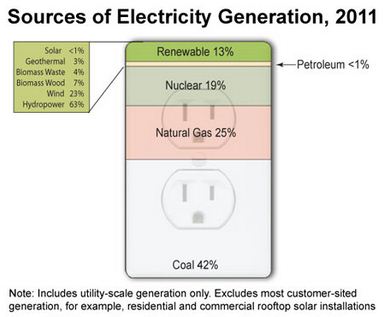Obama Demands Cheaper Health Care
Oh, Canada, we love your health care ways. Everyone is covered. You just wait for hundreds of days. Washington — Senators are considering limiting — but not eliminating — the tax-free status of employerprovided health benefits to help pay for President Barack Obama’s plan to provide coverage to 50 million uninsured Americans. Finance Committee Chairman Max Baucus, D-Mont., said Tuesday that there are no easy options. Senators began grappling with how to finance guaranteed coverage, a cornerstone of Obama’s plan to overhaul the health care system. Independent experts put the costs at $1.5 trillion over 10 years. Obama sees a world in which doctors and hospitals compete to offer quality service at lower costs, and the savings help cover the uninsured. Turning that vision into reality re- mains the biggest challenge for the president and his backers, because hard cash — not just ideas — is required to cover upfront costs of expanding coverage. The president put health care industry leaders on notice Tuesday that he expects them to fulfill their dramatic offer of $2 trillion in savings over 10 years. “I will hold you to your pledge to get this done,” Obama said in a letter released by the White House that went to groups representing insurers, hospitals, doctors, drug makers and others. But those savings — even if the industry delivers every penny — won’t all accrue to the government. So the financing package for Obama’s plan is likely to include a mix of tax increases and spending cuts in federal health programs. Among the possibilities: tax increases on alcoholic beverages, tobacco products and sugary soft drinks, and restrictions on other health carerelated tax breaks, such as flexible spending accounts. But some taxes don’t seem to be on the table, such as a federal sales levy to pay for health care or a new payroll tax. Congressional leaders say they want to pass legislation in the Senate and House this summer. On the controversial question of taxing health benefits, Baucus is staking out a position that could put him at odds with Obama. The president adamantly opposed such taxes during the campaign, arguing they would undermine job-based coverage. Obama’s aides now say he’s open to suggestions from Congress, even if he criticized Republican presidential rival John Mc Cain for proposing a sweeping version of the same basic idea. Baucus said he wants to modify the tax break, not abolish it. Baucus suggested that the benefit could be limited by taxing health insurance provided to high-income individuals, although he did not specify at what income levels. He also said that plans offering rich benefits — for example, no co-payments or deductibles — might be taxed once their value exceeded a yet-to-be-determined threshold. Employer-provided health insurance is considered part of workers’ compensation, but unlike wages, it is not taxed. The forgone revenue to the federal government amounts to about $250 billion a year. “IWILL HOLD YOU TO YOUR PLEDGE TO GET THIS DONE.”
Oh, Canada we think your ways are great. The only nit we'll pick. You will die... while you wait.
President Obama loves the Canadian system of health care and is working diligently to implement it in the United States. Now the president who is hard pressed to come up with $17 billion in "savings" from a federal budget he has expanded by a thousand billion or so is demanding that the private health care system cut its costs by $2,000 billion.Tax hikes may pay for health care
So, let's get this straight... the president who has never actually run anything is telling the world's most dynamic health care system that it should destroy itself because he thinks it should be run his way... and we'll be taxed for that benefit.
Senators discuss increasing fees on alcohol, tobacco, soda
BY RICARDO ALONSO-ZALDIVAR
Associated Press
“We are not going to repeal it,” he said.
President Obama, to health care industry on offer to save $2trillion
Pablo Martinez Monsivais /Associated Press
Senate Finance Committee chairman Sen. Max Baucus, D-Mont., center, and Sen. Charles Grassley, R-Iowa, right, discuss overhauling the health care system.
IDIOCY: something notably stupid or foolishThat pretty much sums it up.
..






